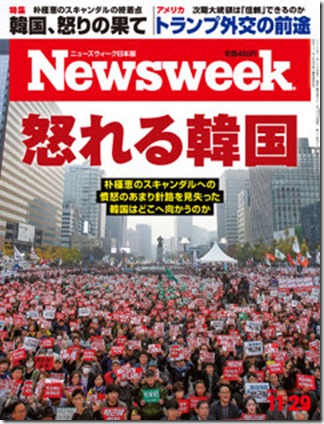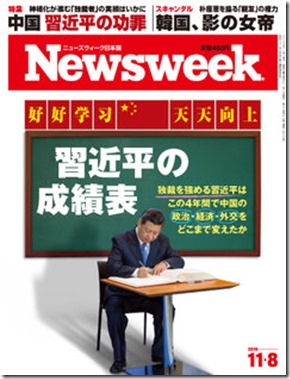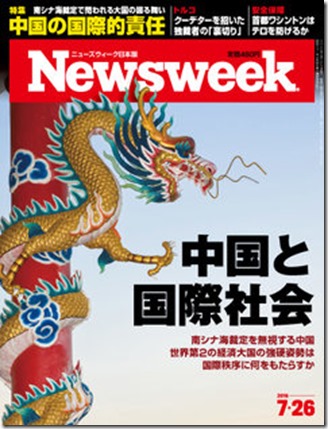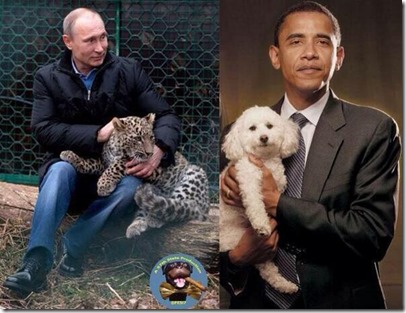 This is what a peaceful transition of power looks like, American Republicans! Moon and Yoon follow the rules. That’s good. Learn from that.
This is what a peaceful transition of power looks like, American Republicans! Moon and Yoon follow the rules. That’s good. Learn from that.
This is a repost of an article I wrote for The Japan Times.
My impression from teaching my student is that the new South Korean president, Yoon Seok-Yeol, ignites no enthusiasm. He reminds them of their grandfather – old, kinda out-of-touch, lacking charisma. But honestly, after 5 year of Moon Jae-In’s rollercoaster with Donald Trump and Kim Jong-Un, I’ll take some bland boredom.
Yoon jumped into the race last year and does not have deep roots on the right here. Most importantly, he does not (seem to) share SK right’s fatiguing obsession with vindicating impeached former conservative president Park Geun-Hye. Park was guilty already! Get over it. I am hopeful that means he won’t prosecute Moon in his post-presidency solely for revenge, which I think almost any other traditional right-wing POTROK would do.
On policy, Yoon will lean to the right. He’ll be conservative on social mores – no gay marriage, no anti-discrimination law (sigh) – but he won’t be Trump. On economic issues – chaebol power, overlong work hours – he’ll do nothing, unfortunately. But at least on NK, we won’t have to hear anymore about what a misunderstood great guy Kim Jong-Un is. Enough of that. Those calling him the Donald Trump of Korea are probably just casting around for a label. Yoon doesn’t behave like Trump at all, thankfully.
Here is my essay for The Japan Times:
Yoon Seok-Yeol was inaugurated president of South Korea this week. He is a former prosecutor who only entered politics in the last year. He is from the conservative People Power Party. But he has no roots in that party or its various factions. Nor does he seem particularly ideological. He channels the basic anti-communism – aimed at North Korea – of the South Korean right. That has long been the core motivator of South Korean conservativism. But beyond that, he seems like a bland centrist.
This is a surprising turn. There is no obvious reason why South Korean conservatives would want him as their candidate, beyond simply defeating the left in the election. Yoon has no particularly programmatic interest in domestic politics. He is not a libertarian or religious social conservative, for example.
He has been called the ‘Donald Trump of Korea,’ but that feels mostly like foreign journalists grasping for an ideological handle for him. If he is a Trumpian populist, he has not talked that way. Trump’s signature mix of bombast, racism, tariffs, and loud nationalism is not how Yoon campaigned.
Please read the rest here.







